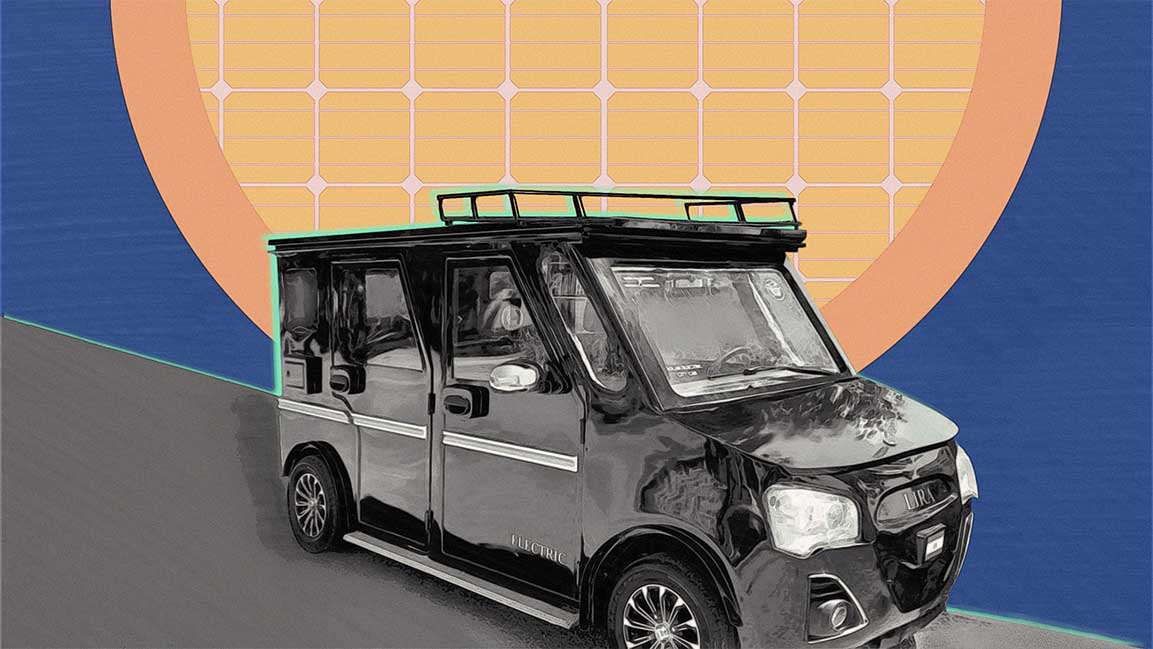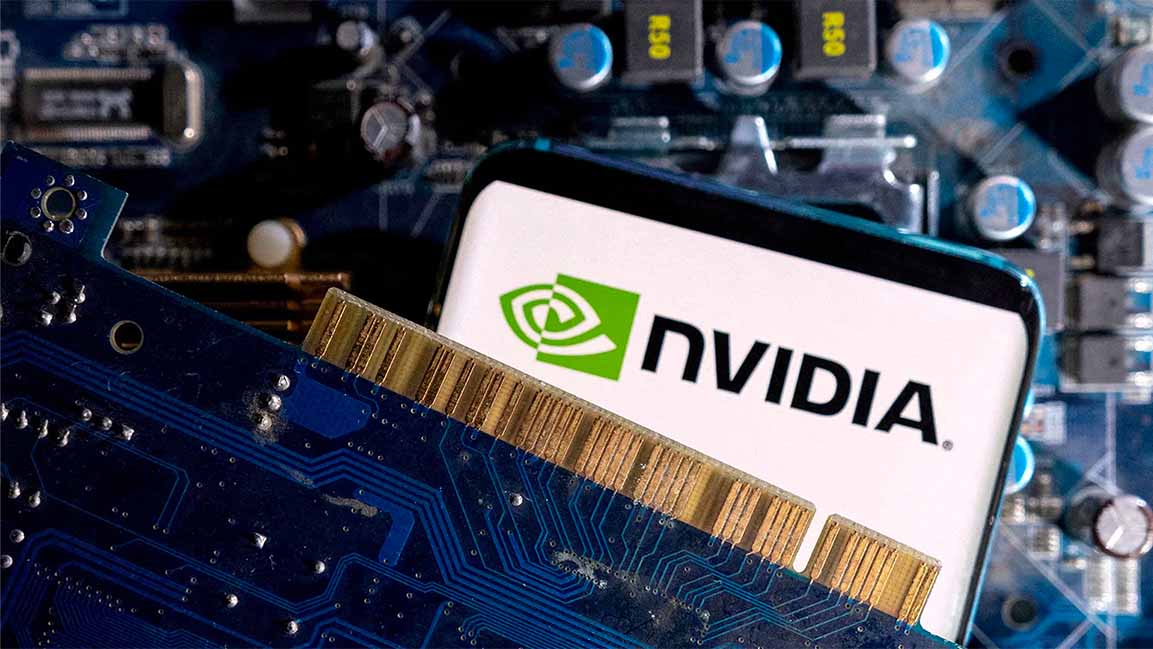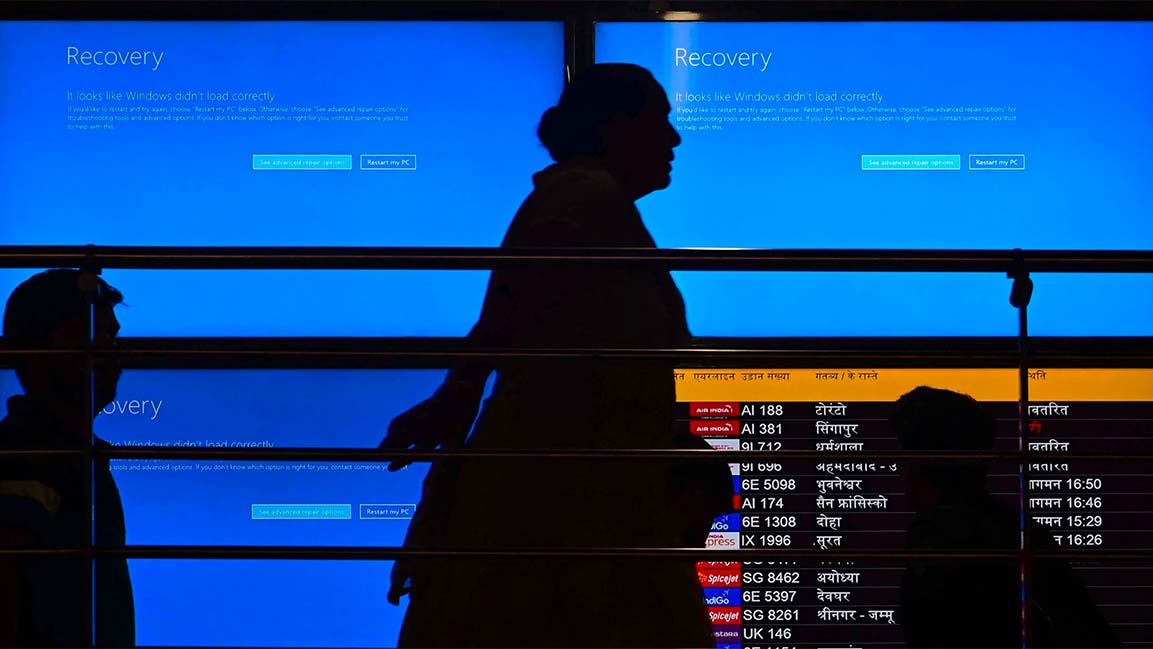- | 9:00 am
Lira can charge up Lebanon’s economy. But the car, not the currency
Lebanese engineer Hisham Houssamy launched Lira – a solar-powered electric car.

The Lebanese Lira has been in freefall, but Lira, the homegrown car, is making news for all the right news. It’s the first locally manufactured solar-powered electric car that comes at a time when electric vehicles (EVs) are transforming the auto manufacturing industry in the Middle East.
This is big news for Lebanon, especially when the country is facing an economic crisis.
Hisham Houssamy, the engineer who designed and developed Lira, says, “The economic crisis and the exorbitant fuel prices prompted me to develop a car like this.”
Although the technology has been around for decades, this is the first time anyone in Lebanon has been able to assemble and manufacture an electric car.
“I always dreamt of designing a car. But I did not have the means to do it. With the economic crisis, the idea came back again. It was a big challenge; I did not take any loan,” he says.
Houssamy named the car Lira, inspired by the resilience of Lebanese currency.
STEERING AWAY FROM FUEL-POWERED CARS
Lebanon has been grappling with a deep economic crisis since 2019 after successive governments piled debt. Banks, central to the service-oriented economy, are paralyzed.
Depositors have been locked out of dollar accounts or told that funds they can access are now worth a fraction of their original value. The currency has crashed, losing more than 90% of its value and driving a swathe of the population into poverty.
With sales of electric cars surging to another record this year in the region, a major auto industry transformation has implications for the sector.
“In Lebanon, we have the capacities, the skills, and the know-how to produce eco-friendly cars.”
“The global trend now is to steer away from fuel-powered cars. We have an opportunity to start a futuristic project that would offer job opportunities to youth and activate the economy,” adds Houssamy.
Lira, a sedan that can take up to five passengers, is the first car produced in the Middle East to run on electric and solar energy.
It boasts a range of 200 kilometers when the battery is fully charged, and its power is harnessed through solar panels installed on the roof.
The vehicle also has regular, lithium-based batteries that can be charged using electricity from the grid, so for longer drives, these cars essentially function like a standard EV.
Houssamy assembled the different components of the car, including its lithium battery, within an entire year. In July, Lira was unveiled to the public. The engineer said the prototype car unveiled at the launch could go as far as 75 kilometers per hour.
“We hope to develop the prototype to get to 100 km per hour,” says Houssamy. When the car goes on the market, its selling price will be between $3,500-$15,000, depending on the model chosen and the car options.
WAITING FOR FUNDS
But now that the car has been built, what happens next? Houssamy is a man with a vision, innovation and perseverance, he hopes to build Lebanon’s first electric car factory.
However, it is uncertain when actual production would start. One of the obstacles is the lack of funding.
“I am trying to find investment, and there’s some interest from Lebanese expatriates in the Gulf. The aim is to establish a car factory eventually,” he says.
He is confident that the car will be favored once it is on the market due to its eco-friendly features and affordable price.
“I got positive feedback after the launch and encouragement to proceed with the project,” he says. “It helped improve Lebanon’s reputation while being a source of pride for all the Lebanese.”
Amin Salam, the Minister of Economy and Trade in Lebanon, applauded the endeavor and said it was a beacon of hope in such difficult times in Lebanon. The World Bank ranks the country’s economic crisis as among the most severe globally since the mid-19th century.
While the country does not have the means to support establishing a factory, the Ministry of Economy assured to assist Houssamy by putting him in contact with potential investors.
“The Ministry of Economy helped me to launch the prototype,” he says. “It promised to help find potential investors, but nothing is concrete. I am still struggling.”








































